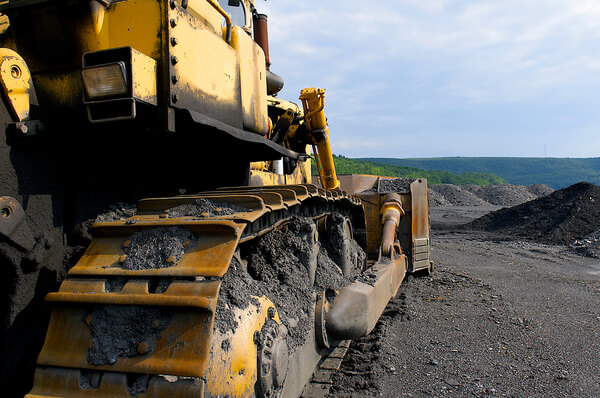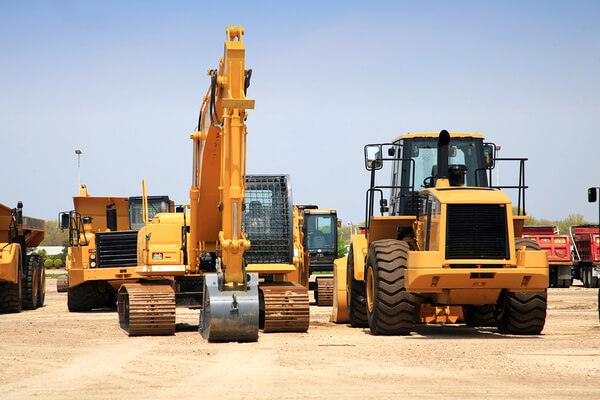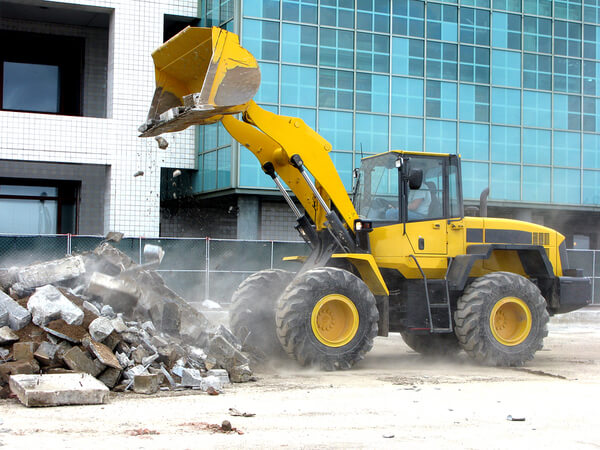Earthmover Rental
Where Do You Need It?
Earthmoving Equipment Guide
An earthmover is a type of heavy equipment vehicle made to dig, push, or transport topsoil, rocks, muck, sand, and other kinds of earthen materials. Different machines are used to do different jobs. Finding the right machine for your project will result in a higher profit margin for your company because site efficiency will improve and production will increase. Equipmentrentalpros.com brings you the information needed to choose the best earthmoving equipment for your project at an affordable rate.
Types of Earthmoving Equipment
When choosing the type of earthmoving equipment you need, think about what you plan to do with the machine. Do you need to break ground, transport large amounts of earth, dig a trench, or place rocks in a landscape with precision? Do you need to move soil across a wide expanse of land?
Find the correct type of equipment for your next project:
Bulldozers
A bulldozer is a large tractor used to push vast amount of materials. The bulldozer has tracks instead of wheels for extra traction on job sites. On the back of the dozer is a ripper. The ripper can tear through hard surfaces such as rocky ground, asphalt, and concrete. The front of the bulldozer has a wide blade used to push earth.
Backhoes
A backhoe is a tractor which has an arm and digging bucket on one end. At the other end of the tractor is sometimes a larger loading bucket—then the machine is called a backhoe loader. Backhoes are used to break through the ground and scoop up the dirt. Backhoes are used on construction sites, road work projects, and farms for excavation.
Wheel and Track Loaders
A large tractor on heavy duty wheels with an attached loading bucket is called a wheel loader. Alternatively, the same machine with tracks instead of wheels is a track loader. Wheel and track loaders can move very large amounts of sand, rock, soil, and even snow incredibly quickly. They can also load materials from the ground onto a conveyor, dump truck, or other receptacle. These loaders are useful in any situation where excavated materials need to be relocated.
Excavators
An excavator’s main purpose is to dig. The housing of the machine sits on tracks and has an arm with a large bucket or claw at the end. Excavators are used to quickly dig foundations or large trenches in the ground. There are also mini versions of the excavator for smaller jobs such as digging ponds or streams.
Tractors
While most earthmoving machines are built onto a tractor housing, a standard tractor is simply a heavy bodied machine on large wheels used for pulling or pushing attachments in farming or on construction sites.
Skidsteers
A skidsteer is used in many industries. This machine has a small body, the ability to move quickly in tight spaces, and enough rugged power for digging, scraping, and loading. The skidsteer is a wheeled or tracked machine with a cab and two arms that accept various attachments. It is commonly used to move small to medium material loads, hollow out narrow trenches, and dig post holes. It is also useful for smaller excavation projects.
Trenchers
The purpose of a trencher is to remove a deep, narrow section of earth. Trenchers come in a wide array of sizes, from large machines capable of digging very large ditches, to units that can dig a trench narrow enough for cable installation. The machines have a wheel or chain which cuts through the earth while pushing materials out and away from the excavated area.
Top 3 Manufacturers of Earthmoving Equipment
There are many companies that produce earthmoving equipment. It is not always easy to know which brand of equipment to choose. Long-standing popularity of a particular brand is usually an indicator of a trusted, quality machine. Ranked according to sales numbers, these three equipment manufacturers stand out from the crowd:
- Caterpillar - Caterpillar has spent decades producing heavy machinery for construction and industrial purposes. The company combines innovation and sustainability with proven production and world class values. The company maintains a strong research and development team to continue meeting the needs of customers. Cat produces a large line of earthmoving equipment including backhoes, dozers, excavators, skidsteers, tractors for construction site prep, track loaders, and wheel loaders.
- Komatsu - Established in 1921, Komatsu focuses on providing the equipment world with machines that deliver value, increase efficiency, and amplify reliability. The company is able to concentrate on the advancement of current technology while providing earthmoving equipment that is kinder to our environmental resources. The earthmoving equipment line from Komatsu features wheel loaders, dozers, and excavators. The line includes products with Intelligent Machine Control technology, which integrates improved production and precision technology.
- Volvo - Since 1832, Volvo has been producing equipment to meet the needs of those in the construction industry. The company takes engineering initiative to a new level and, more than 180 years later, still continues to manufacture machines that excel. Volvo’s growing fleet of earthmoving equipment is comprised of backhoes, excavators, skid steers, and wheel loaders.
Rental Rates for Earthmoving Equipment
Earthmoving equipment maximizes your job site productivity. Rental rates are reasonable for heavy equipment when compared to the price of leasing or purchasing, particularly when you consider the cost of maintenance, storage, and transporting the leased ort owned machines. By renting earthmoving equipment, you can obtain the exact type of machine needed on each project. Compare rental rates on common earthmoving equipment rentals to find the machine that will help you complete your project while staying on budget.
| Type | Daily | Weekly | Monthly |
|---|---|---|---|
| Bulldozer, 70 hp | $442 | $1326 | $3302 |
| Bulldozer, 97 hp | $606 | $1818 | $4536 |
| Backhoe, Mini with 4WD and 8’ 3” Digging Depth | $231 | $693 | $1731 |
| Backhoe, Large with 4WD and 16’ 1” Digging Depth | $328 | $984 | $2418 |
| Wheel Loader, 1 yard | $287 | $861 | $2142 |
| Wheel Loader, 3 yard | $547 | $1641 | $4082 |
| Excavator, Mini – 6,000 lb | $240 | $720 | $1790 |
| Excavator, Large – 85,000 lb | $826 | $2478 | $6156 |
| Tractor, 25 hp | $169 | 507 | $1264 |
| Tractor, 75 hp | $291 | $873 | $2190 |
| Skidsteer, Wheeled – 1350 lb | $207 | $621 | $1547 |
| Skidsteer, Tracked – 3,000 lb | $401 | 1203 | $3006 |
| Trencher, Walk-Behind, 13 hp | $126 | $378 | $906 |
| Trencher, Ride-On, 49 hp | $332 | $996 | $2442 |
Earthmoving equipment can accomplish a lot of work in a short amount of time. Improve your bottom line by using the type of earthmoving equipment suited to each aspect of the job at hand. Time saved on the job is time you can use to take on more projects. Equipmentrentalpros.com is your source for earthmoving equipment rental information.
What type of equipment do you need?
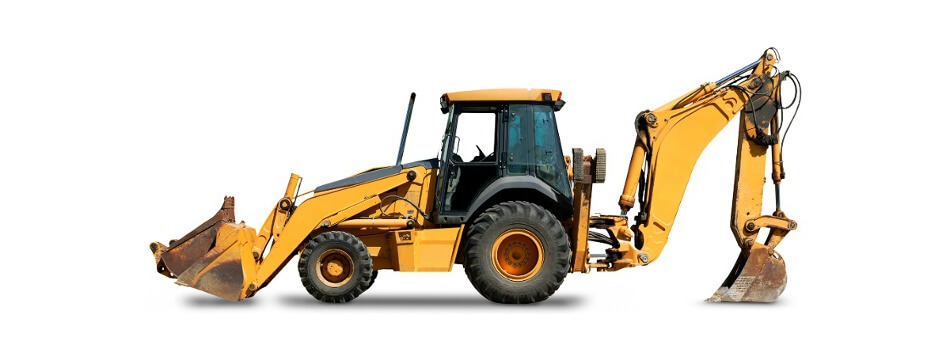
Earthmover Rental Resources
Earthmover Rental By City
Arlington
Atlanta
Austin
Baltimore
Boston
Charlotte
Chicago
Cleveland
Colorado Springs
Columbus
Dallas
Denver
Detroit
El Paso
Fort Worth
Fresno
Honolulu
Houston
Indianapolis
Jacksonville
Kansas City
Las Vegas
Long Beach
Los Angeles
Memphis
Mesa
Miami
Milwaukee
Minneapolis
Nashville
New York
Oakland
Oklahoma City
Omaha
Philadelphia
Phoenix
Portland
Raleigh
Sacramento
San Antonio
San Diego
San Francisco
San Jose
Seattle
Staten Island
Tucson
Tulsa
Virginia Beach
Wichita
How Much Does a Earthmover Rental Cost?
Earthmover Rental costs depend on rental duration, features and options needed, your location and availability. Request a quote for exact earthmover rental rates.
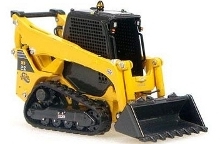
250 Lbs. Skidsteer

1,350 Lbs. Skidsteer

700 Lbs. Skidsteer

750 Lbs. Skidsteer

10-59 HP Backhoe Loader

1,500 Lbs. Skidsteer

1,250 Lbs. Skidsteer

60-90 HP Backhoe Loader

1,750 Lbs. Skidsteer
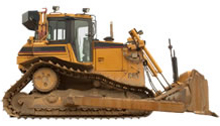
40 HP Bulldozer
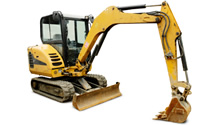
2,000 Lbs. Mini Excavator

105 HP Bulldozer

3,500 Lbs. Mini Excavator

91-105 HP Backhoe Loader

80 HP Bulldozer
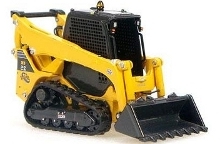
1,300 Lbs. Track Skidsteer

2,400 Lbs. Skidsteer

1,900 Lbs. Track Skidsteer

150 HP Bulldozer

6,000 Lbs. Mini Excavator

1,900 Lbs. Skidsteer

2,000 Lbs. Skidsteer

7,500 Lbs. Mini Excavator

2,500 Lbs. Skidsteer

90 HP Bulldozer

175 HP Bulldozer

2,750 Lbs. Skidsteer

9,500 Lbs. Mini Excavator

11,000 Lbs. Mini Excavator

105+ HP Backhoe Loader

200 HP Bulldozer

16,000 Lbs. Mini Excavator
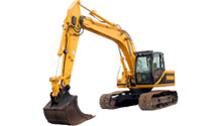
25,000 Lbs. Excavator

3,000 Lbs. Track Skidsteer

30,000 Lbs. Excavator

35,000 Lbs. Excavator

40,000 Lbs. Excavator

45,000 Lbs. Excavator

50,000 Lbs. Excavator

